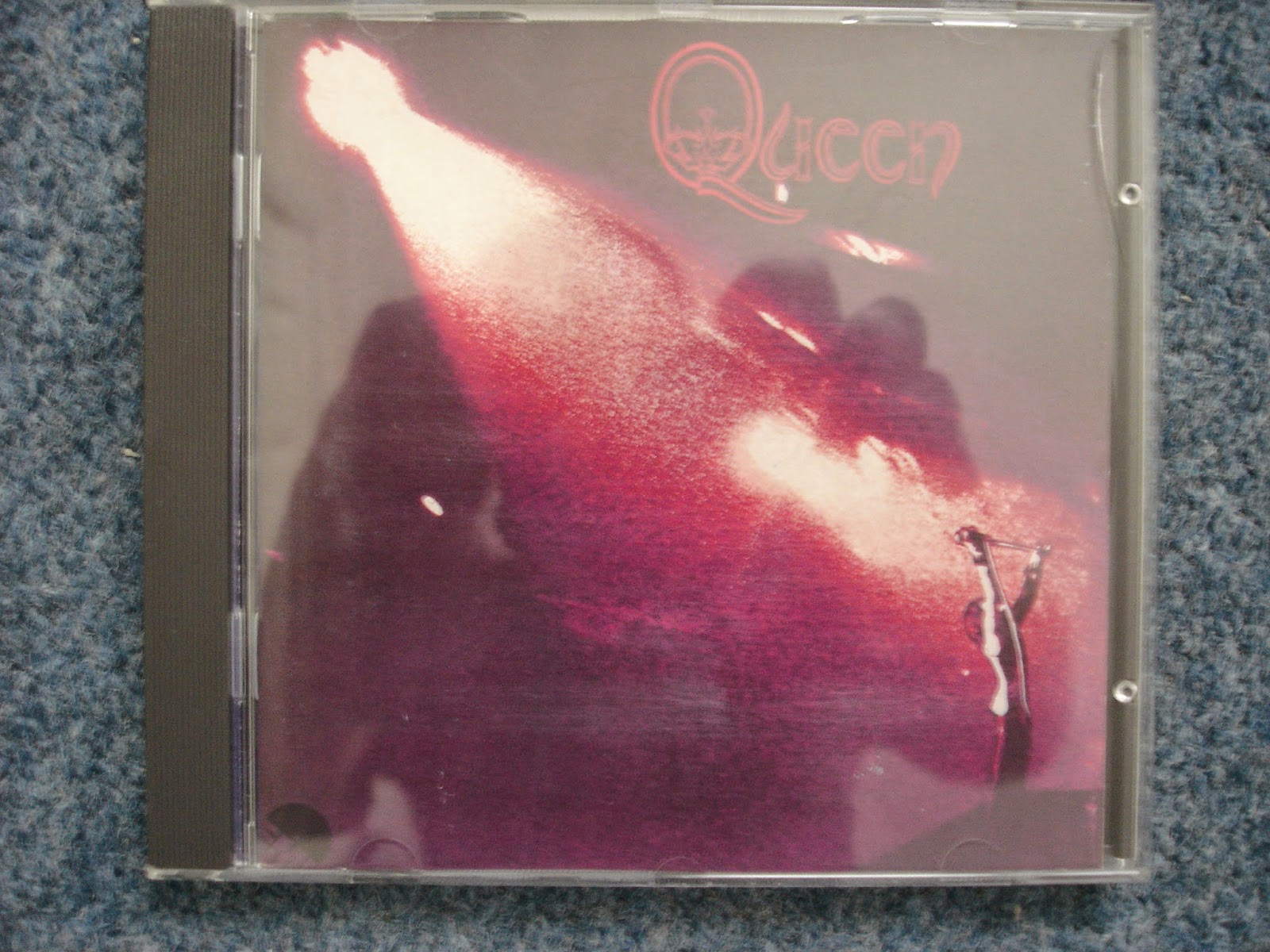Judgement of debut albums is fraught with distortions and wishful thinking, particularly those by artists who subsequently go on to achieve great things. There is a tendency to retrospectively attribute to them merit and qualities which they do not really possess.
I often think of Queen's debut album in these terms. A few pundits have hailed it as a minor classic, but their arguments rarely hold up to scrutiny. Yes, there is some promise there, but it is hardly the masterpiece which some maintain that it is. There is very much a sense of a work in progress, of a sound and style taking shape and not yet crystallized, and of a group still fumbling for a firm direction.
A distinct sound would not truly emerge until the third or fourth record, and this was in part due to the circumstances under which the guys were forced to record their music. It was put together in fits and starts, with the four musicians apparently grateful just to be in the studio at all, but the situation was scarcely ideal if one was seeking to develop something genuinely coherent and well-crafted.
The spasmodic and rushed nature of the sessions is perhaps reflected in the relative lack of polish in some of the tracks, certainly when compared with their later work. The sound sometimes feels "half-baked", scrappy rather than genuinely raw. Only fleetingly does the trademark Queen sound, or indeed the hallmark of star quality, shine through brightly. "Keep Yourself Alive" remains impressively vigorous and fresh, but one or two other songs sound perfunctory and uninspired, and "Son And Daughter" and "Jesus" have not aged too well...
I have heard it suggested in the past that one of the deficiencies of this album is a failure to adequately project the talent and personality of Freddie Mercury. I am not sure that this criticism is fully justified. Upon closer inspection, his vocal range is quite well captured. The problem for me is the slightly nebulous and tentative feel of the album overall.
At this early stage, we can discern the beginnings of the complexity of "Bohemian Rhapsody", mostly in the structure and lyrical content of "My Fairy King" and "Liar". Brian May's ethereal and reflective songs, an often overlooked and important facet of Queen's 1970s albums, are strongly represented by "Doing All Right" and "The Night Comes Down". These numbers help to provide texture and balance, and are probably the most pleasing to the ear for this listener in the 21st century.
It is also clear that the various members were still very much learning the art of songwriting, a process which began to bear real fruit on "Sheer Heart Attack". The occasional rambling instrumental section betrays a lack of focus, and they would eventually learn how to achieve a more tasteful balance between grandeur and tightness, reducing the tendency towards self-indulgence whilst still allowing the band's talent and inventiveness to flourish and display itself.
It is often said that Queen were aiming for a "layered" sound, but they do not achieve that here, probably due to a combination of the circumstances under which the record was made and their own lack of experience and confidence. This may explain why on their second album, they went to extremes in terms of multi-tracking and overdubbing! The follow-up does have an identity, a sweep and a sense of drama which "Queen" lacks, even if the band in early 1974 was again still not the finished article.
This album does have a certain period charm, and of course historical curiosity and significance. It would be dishonest and foolish, however, to pretend that Queen's first record was of the same quality as the debut efforts by the likes of Led Zeppelin, Van Halen and Boston, and I say this as a Queen fan of 35 years standing!. It is not a bad album, but they did not arrive fully developed like some of their contemporaries.





